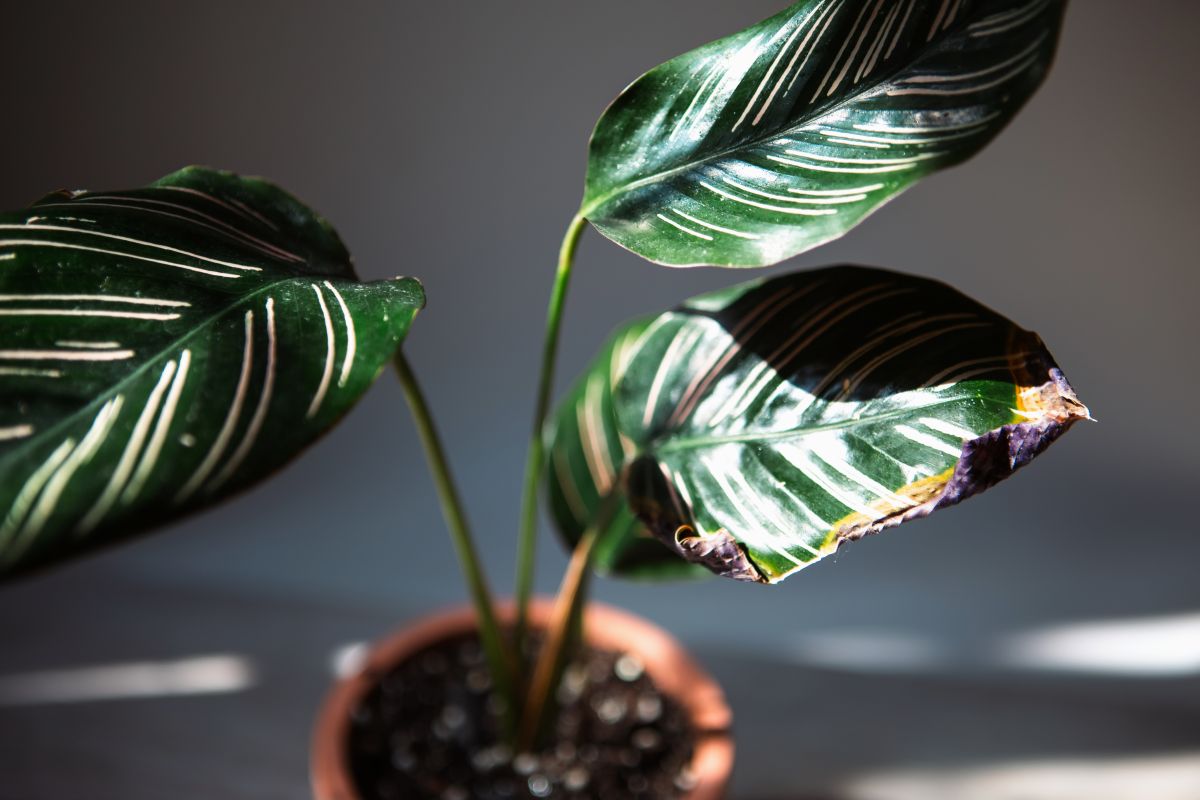The Mexican snowball is one of the most beautiful echeveria varieties in existence. It is very well known for its unique foliage. It features rosette succulent leaves like the echeveria lilacina and the peacockii. The leaves are greenish-blue in color with pinkish tips and are spoon-shaped.

Another cool feature is the echeveria elegans flower. It produces pinkish flowers that are taller than its leaves. The gorgeous succulent is native to Mexico and other regions of Central America. It is a member of the Crassulaceae family and might be the most popular echeveria.
You can grow the Mexican snowball echeveria as ground cover for rock gardens. They are also best suited as indoor ornamental plants. Be careful when growing them around kids, as they can cause stomach issues when eaten.
| Botanical Name | Echeveria Elegans |
| Common Names | Mexican snowball, Mexican gem, white Mexican rose. |
| Origin | North and Central America, Mexico |
| Family | Crassulaceae |
| Plant Type | Succulent Perennial |
| Full Size | 6 to 8 inches tall |
| Sun Exposure | Full or direct sunlight, can tolerate a little filtered sunlight |
| Soil Type | Well-draining, acidic, sandy soil mix |
| Toxicity | They are non toxic, but can cause slight stomach upset when eaten |
Echeveria Elegans Rose Care Guide
Like most members of the echeveria genus, the Mexican snowball plant is low-maintenance. They can survive long spells of neglect. They require little watering and they have very basic light and temperature needs.
Elegans Echeveria Light Requirements
Direct sunlight is best for the Mexican rose succulent. They prefer at least 6 hours of full sun each day to thrive. But prolonged exposure to harsh sun rays can damage its delicate leaves. This is why it is best to provide a little shade for them outdoors.
Indoors, you can grow them next to a west or south-facing window. Providing filters or shade indoors is unnecessary. This is because they need all the sunlight they can get. If they receive insufficient lighting, they can become leggy and unattractive.
You can also make use of grow lights indoors. Get a good quality LED to grow light when indoors to improve their growth.
Elegans Echeveria Water Requirements
The echeveria elegans rose is drought tolerant. This means they can survive long spells without needing water. Overwatering them can lead to root rot. This is because their roots are delicate and hate soggy or damp soil. Instead of watering often, leave their roots to dry and take in oxygen.
Check the moisture level of the soil using a moisture meter. Or you can feel the soil with your finger to ensure it is dry before watering. When watering, ensure it is thorough and it should be done during the summer season.
Avoid watering the leaves as this can lead to the build-up of fungus. Instead, water into the soil of the plant using a long mouth-watering can. And avoid using tap water, as the chlorine in it can burn the plant. Instead use distilled or rainwater at best.
Echeveria Elegans Soil Requirements

A well-draining soil is best for the echeveria white elegans plant. It can be a sandy soil mix that is well-aerated. Or it can be a commercial cactus succulent mix with airy properties. You can also make custom soil for your echeveria white rose.
When making custom soil, you need a well-draining pot with proper drain holes. Mix regular potting soil with perlite, and add peat moss and coco coir. You should aim for soil that is a little acidic. A range between 6.0 and 7.0 should be perfect for the white rose succulent.
Echeveria Elegans Humidity and Temperature Needs
You should have no issues growing the snowball cactus indoors. It doesn’t like humid conditions so avoid rooms like the bathroom or kitchen. Do not moist them as the moisture can attract pests. They should be fine without the extra attention.
Temperature levels should be kept hot. Aim for a range between 60 and 80 degrees Fahrenheit. Temperature levels lower than 30 degrees Fahrenheit are bad. They do not like the cold and hate the winter.
This is why you should move them inside during winter. To protect them from the excess cold or frost.
Echeveria Elegans Fertilizer Requirements
Frequent fertilizer use should be frowned upon. They are not heavy feeders and the excess fertilizing can cause more damage. If you must use a fertilizer, then one designed for succulents is best. It should be used once a year in the summer season.
Echeveria Elegans Propagation Requirements
You can propagate the Mexican rose plant through stem cuttings and offset division. Sterilize all tools before use and avoid damaging the plant.
Echeveria Elegans Common Health Problems
- Root rot
- Aphids
- Mealybugs
Frequently Asked Questions
The first thing would be to get rid of the leggy leaves. This is achieved through pruning.
There is no exact watering schedule. It is best to let the soil dry before watering it.
Most succulents like the echeveria suffer from overwatering.
They have an incredible lifespan, lasting for decades.
It is best to grow them in a shallow pot. Their roots hate being overstressed in a deep pot.





